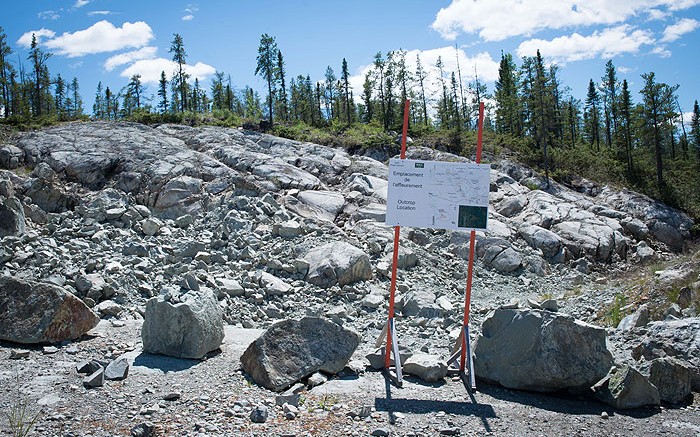Canada has a “once-in-generation” opportunity to establish itself as a major player in the global battery sector, but it needs to act fast to seize the opportunity, a new report reflecting the views of stakeholders across the electric vehicle (EV) supply chain shows.
The Clean Energy Canada’s study compiling opinions of major actors in the sector, such as General Motors Canada, Lion Electric, the Mining Association of Canada (MAC), the Automotive Parts Manufacturers’ Association and Unifor, concludes the country has the right ingredients for a successful battery sector.
Canada is rich in lithium, graphite, nickel, cobalt, aluminum and manganese, key ingredients for advanced battery manufacturing and storage technology.
That could mean the country is in a good position to tap into the global market for lithium-ion batteries, which is expected to exceed US$100 billion by 2030. The vast majority of this growing demand will come from electric cars, buses, and trucks.
RELATED: EV Metal Index jumps 85% in a month despite nickel, cobalt price drop
Having most of the highly-demanded raw materials, however, is not enough. Without an ecosystem that allows for the creation of a market and industry for batteries, Canada could miss the chance to position itself as a top competitor in the global EV battery supply chain.

Frontier Lithium Inc.’s VP Exploration Garth Drever (left) and President & CEO Trevor R. Walker examine core from the PAK lithium deposit in northwestern Ontario, representing 155 metres of world-class, technical grade, low-iron spodumene. Credit: Frontier Lithium Inc.
Currently, 80% of the world’s batteries are produced in Japan, South Korea, and China.
The beefing up of the United States and Canada’s battery supply chains is one of the ways experts and researchers say Canada can benefit from the push for electric vehicles.
Each of the “Detroit Three” automakers — General Motors, Fiat Chrysler and Ford — have already announced major EV assembly investments in Canada over the past eight months. There lies a major opportunity for the country to develop a North American Battery Alliance within the next year to leverage the Canada-U.S. auto market, the report highlights.
Industry experts say that launching a dedicated battery supply chain fund to address challenges and invest in strategic projects is other way Canada could set itself apart from other countries already competing in the EV market.
The federal government’s 2021 budget included some measures to support the development of a battery supply chain, such as a 50% cut in the general corporate and small business income tax rates for makers of zero-emission technologies, including EV batteries.
Canada will also invest US$5 billion in addition to an existing US$3 billion to help decarbonize heavy industry and support clean technologies.
Ottawa has allocated US$36.8 million to advance critical battery mineral processing and refining expertise, as well as US$9.6 million to create a Critical Battery Minerals Centre of Excellence at Natural Resources Canada.


Such an interesting time to be Canadian. We here can play a very important role in creating a North American supply chain that will power the world forward for many years to come without having to rely on less dependable sources from countries with geopolitical negatives. First Cobalt corporation is a great example and a great move forward to making this happen and I’m proud to be a shareholder and part of the vision of it’s leadership.